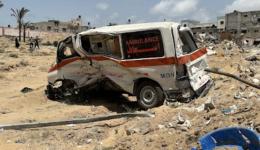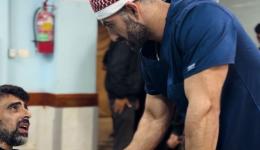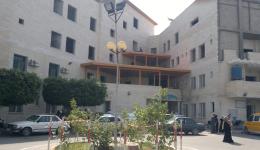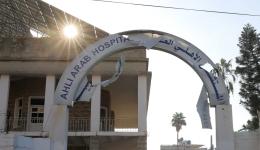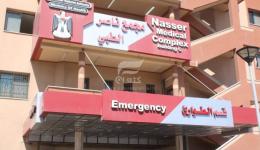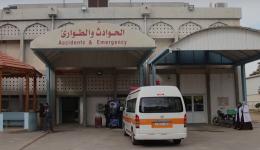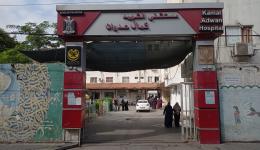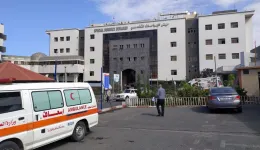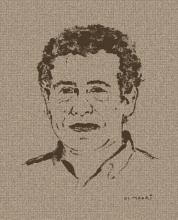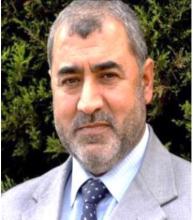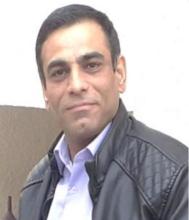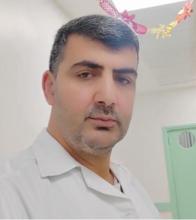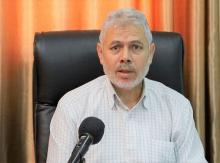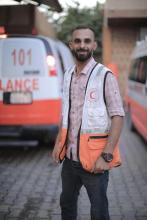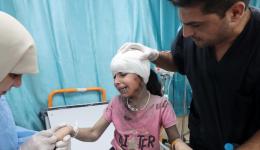As the war in Gaza rages, causing unprecedented death and destruction, telling its story is a moral imperative. Preserving images from Gaza matters more than ever. Not just to document the spiraling humanitarian tragedy right now but also to preserve it for posterity.
About the Platform
The platform "Documenting the Targeting and Destruction of the Health Sector in the Gaza Strip" presents accurate and detailed information about the Israeli assault on health during the genocidal war. This includes data on the attacks on healthcare facilities and health workers who have been killed, abducted, tortured, and maimed by Israeli forces during the genocide, and relevant statements by international organizations and healthcare institutions. These are complemented by original analysis by researchers and authors covering a range of issues in the targeting of the health sector, through which Israeli occupation forces have created a "war biosphere". Read more
Explore the sections
GENEVA - Checked against delivery
Excellencies,
Dear Members of the Advisory Commission,
Welcome to the Palais des Nations, for the first in-person meeting of the Advisory Commission since the start of the war in Gaza.
I would like to thank the United States for its efforts as Chair of the Advisory Commission, as well as Egypt and the European Union for their efforts as Vice-Chairs.
Alaa used to work as a tailor in Beit Lahia, Gaza. A proud father of four, three of his children live with thalassemia, a blood condition that makes the availability of nutritious food vital for their survival. The better the quality of their food, the longer his children could go between blood transfusions. As a result, the lack of medical care and the scarcity of food in the war-ravaged Gaza Strip - particularly fresh, nutritious meals – is a potential death sentence for them.
GENEVA– checked against delivery
Thank you. Thank you so much. And again, a pleasure to be with you. We have this kind of regular meetings, here in Geneva. It's become a habit. And unfortunately, each time the situation in the region, in Gaza, in the West Bank, but also now in Lebanon, is getting worse. But let me start by telling you why I'm here this week.
UNRWA is working to verify the details of incidents reportedly affecting UNRWA premises. Further information will be provided once it becomes available. Five incidents have been reported impacting UNRWA installations and IDPs sheltering there. While verification of details and casualty figures remain ongoing, initial reports indicate:
- Ongoing strikes by Israeli Forces continue, with aerial, land and maritime bombardment across the Gaza Strip. These result in civilian casualties, displacement and the destruction of residential structures and civilian infrastructure. Airstrikes have reportedly been especially intense in central Gaza, particularly in Bureij, Maghazi, and Nuseirat refugee camps and eastern Deir Al Balah.
- Ongoing strikes by Israeli Forces continue, with aerial, land and maritime bombardment across the Gaza Strip. These result in civilian casualties, displacement and the destruction of residential structures and civilian infrastructure. Airstrikes have been especially intense in central Gaza (middle areas), particularly in Bureij, Maghazi and Nuseirat refugee camps and eastern Deir Al Balah.
- Ongoing strikes by Israeli Forces continue, with aerial, land and maritime bombardment across the Gaza Strip. These result in civilian casualties, displacement and the destruction of residential structures and civilian infrastructure. Airstrikes have been especially intense in central Gaza (middle areas), particularly in Bureij, Maghazi and Nuseirat refugee camps and eastern Deir Al Balah.
- UNRWA's Senior Communication Officer describes the worsening living conditions with hundreds of thousands of people deprived of adequate shelter, food, medicine and clean water with trash piling up and ability to dispose garbage, and treat sewage severely restricted.
- On 25 June, UNRWA’s Commissioner-General (CG) held a press briefing during the UNRWA Advisory Commission in Geneva. The CG highlighted that the number of crossings into Gaza remained far too limited.
Pagination
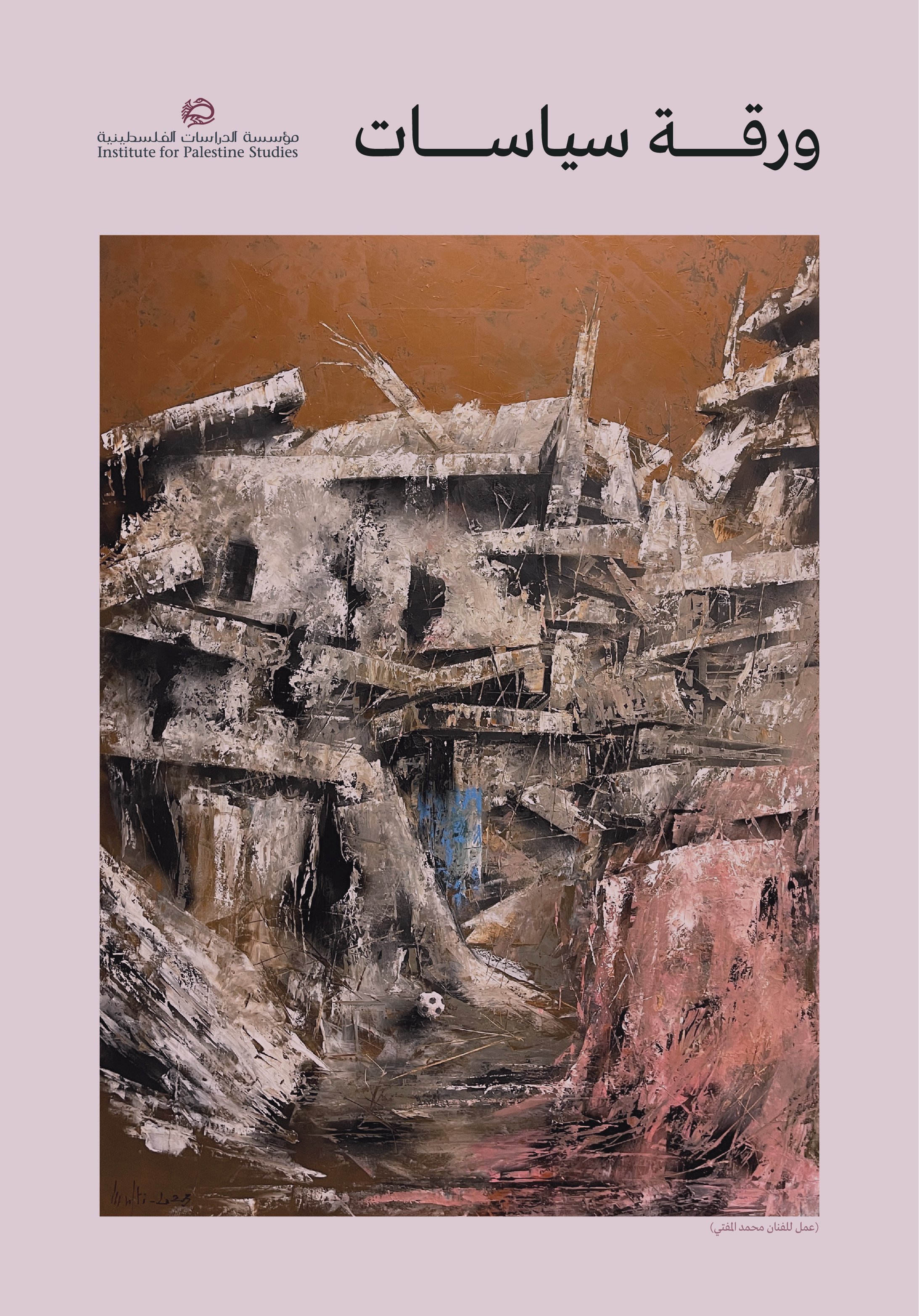
Related blogs
